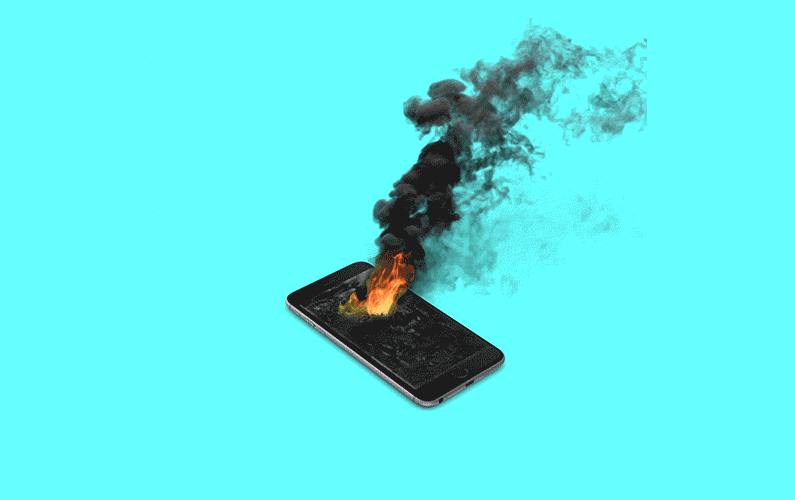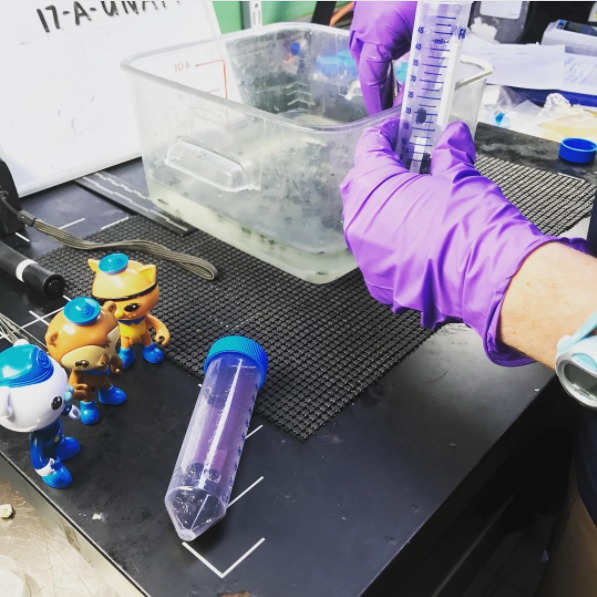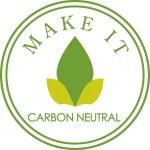Tag: carbon

Foghorn (A Call to Action!)
- Help the Victims of Typhoon Yutu.
- Ruth Gates dedicated her life to saving the world’s reefs and training the next generation of reef scientists. The Fight for Corals Loses Its Great Champion.
Flotsam (what we’re obsessed with right now)
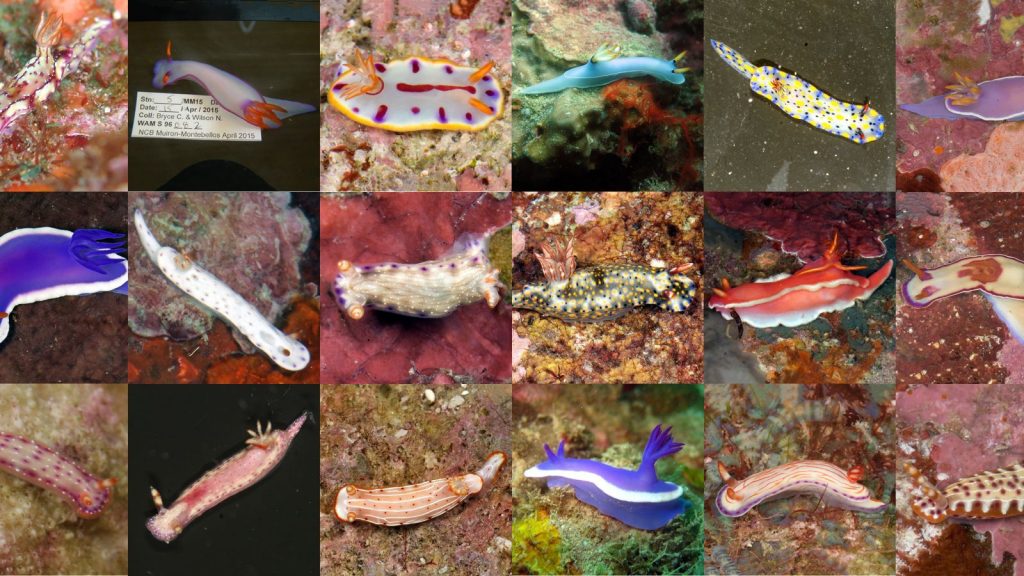
Photo: California Academy of Sciences
- Palau Becomes First Nation to Ban Sunscreens That Harm Corals.
- The tiny sponge that could help preserve our deep oceans.
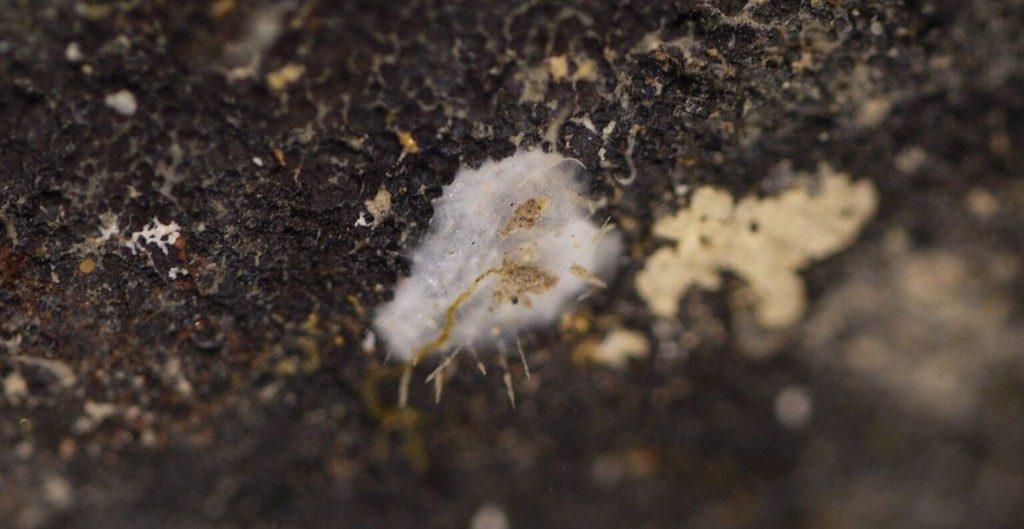

Foghorn (A Call to Action!)
- The Eruption at Kilauea on Hawai’i’s Big Island is truly spectacular, however hundreds of people are displaced from their homes. The mayor has directed those interested in giving donations to contact the Salvation Army at +1 (808) 756-0306.
- Yale study: Newspaper op-eds change minds and The Long-lasting Effects of Newspaper Op-Eds on Public Opinion. Scientists and conservationists, this May, make an effort to publish a Letter to the Editor or OpEd in your local paper. If you’ve done so, please leave a link to it in the comments.
Flotsam (what we’re obsessed with right now)
- Without seasonal workers, the Maryland crab industry is barreling towards a crisis. “Nearly half of the Eastern Shore’s crab houses have no workers to pick the meat sold in restaurants and supermarkets.” Crab crisis: Maryland seafood industry loses 40 percent of work force in visa lottery.
- Trash on the seafloor. Megan McCuller has an eye-opening thread on all the trash they’re finding on the deep seafloor.
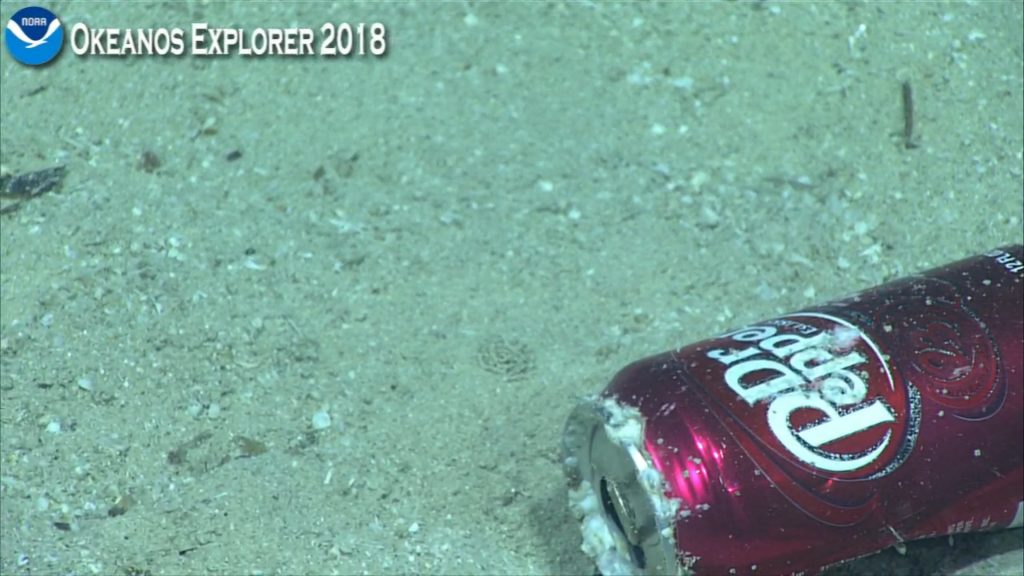
- Lionfish Traps! Jake Levenson has been trying something similar in Dominica. New Weapons in the War on Lionfish, a Beautiful but Deadly Invader.
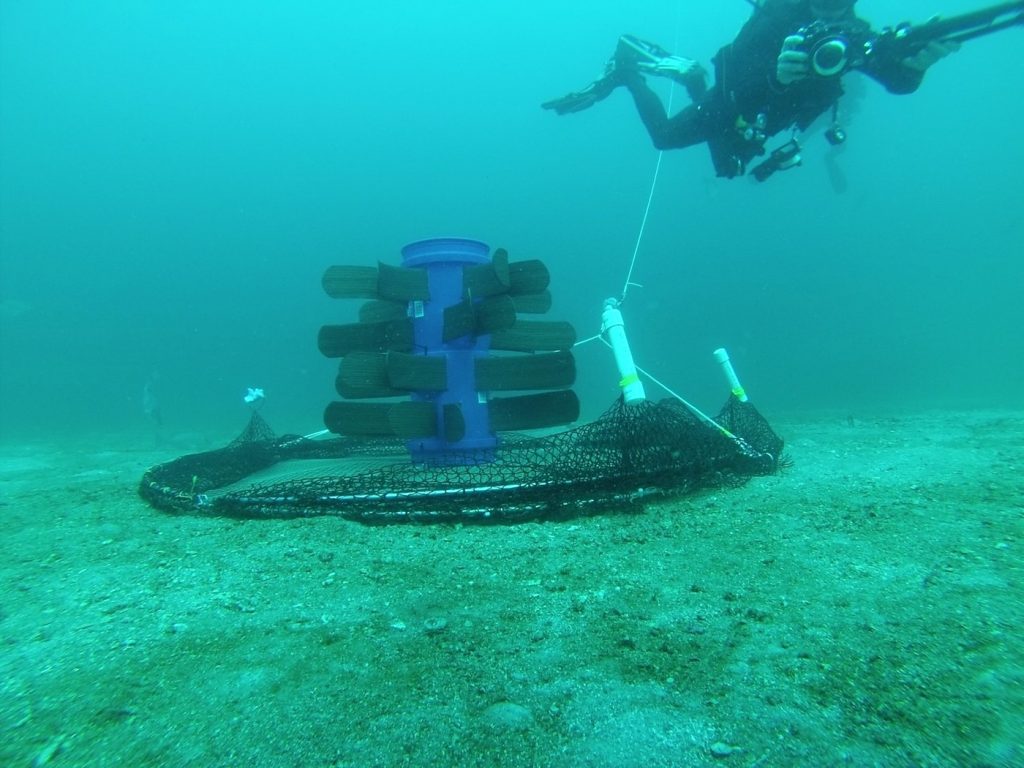
The Levee (A featured project that emerged from Oceandotcomm)

Foghorn (A Call to Action!)
- Stop raising awareness already (and start translating information into action).
- Scott Pruitt still has a job [As of 16:59 on 4/8/2018 ~Ed.]. A Running List of Wild Shit Scott Pruitt Hasn’t Been Fired For (Yet).
- What to up you outreach skills? Sign up for Andrew Lewin’s Podcasting for Environmental Communications course.
Flotsam (what we’re obsessed with right now)
- Smart phones. As you know I have a love/hate relationship with tech and the resources needed to fuel our increasingly demanding hardware. Now, we’ve got the most clear picture yet of the impact of smartphones on the environment and it’s not pretty.
The Levee (A featured project that emerged from Oceandotcomm)
- Knitting *and* environmental justice? Sign me up! Stitching Hope for the Coast: Creative pieces that celebrate coastal optimism for Louisiana.

I’ve been away for 2 weeks, so it’s a super-massive edition of the Monday Morning Salvage!
Fog Horn (A Call to Action)
- There’s still an unimaginable amount of work to do in Dominica and across the Caribbean. Support the Rebuild Dominica Hurricane Relief fund or any of the other funds from our list: How to help our island colleagues in the wake of total devastation.
Flotsam (what we’re obsessed with right now)
- This is such a cool story: A Trail of Rocks Traces Historical Steamship Routes. We can track old steamship routes from rocks scraped out of the furnaces and tossed overboard.
- Former Papua New Guinea Attorney General attacks deep sea mining project. They always pick pictures for these articles that don’t show how much life is right around the vents.
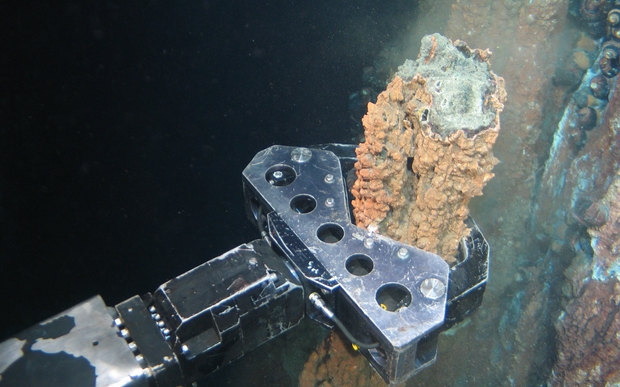
- Whose ecological footprint is bigger: Medics, economists, or environmentalists? Spoilers: conservationists still have an impact, but they sure ain’t number 1.
Jetsam (what we’re enjoying from around the web)
- There’s a fresh oil spill in the Gulf of Mexico, and it’s pretty darn huge:
- Some fun from Deep Sea News: When real-life marine biologist and mom goes to sea, she takes the octonauts with her.
- This is fine: Report on U.S. Marine Sanctuary Oil Drilling Sent to White House, Not Released to Public. This is totally fine: Trump Administration Proposes Largest Oil and Gas Lease Sale in U.S. History.
- Alaska’s Oyster Farmers Are Filling an Acidification-Driven Void. The state’s oyster farming industry is gaining ground as growers elsewhere struggle. From Hakai Magazine, which is great.
- Nature is one of the most under-appreciated tools for reigning in carbon. From Anthropocene, which is fast becoming my favorite environmental print magazine. Sorry, Orion.
- Thousands of penguin chicks starve in Antarctica.
Hey, Andrew, how about you give us at least *some* good news today? Ok, fine.
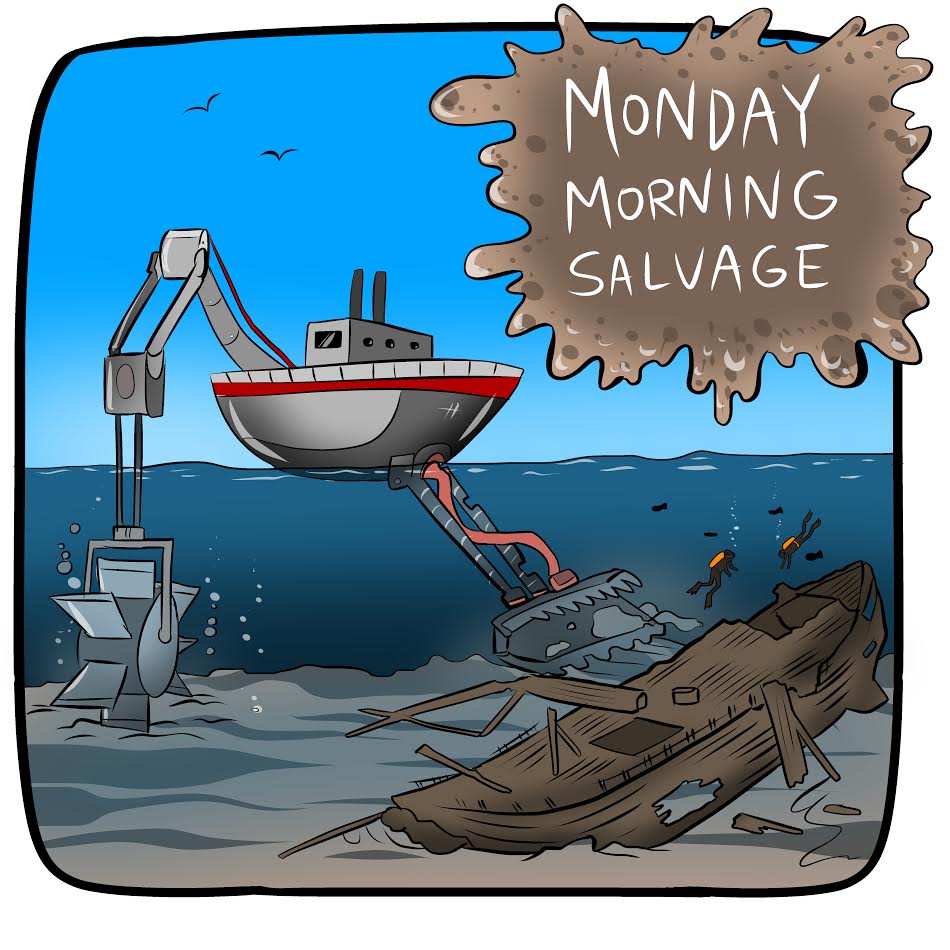
Flotsam (what we’re obsessed with right now)
- NPR did a great breakdown on the full carbon cost of one sandwich.
- Public Lab was born from the desperate need for unconflicted data during the Deepwater Horizon disaster. Since then, they’ve grown into a global movement for citizen science. They just relaunched their world-changing balloon mapping kit on Kickstarter. Get yours now!
Science brings us many wonderful things (honestly if you enjoy the benefits of the modern era, go out and hug a scientist). One of humanities age old desires is the ability to convert something invaluable, or a nuisance, into something desirable. The old midas touch if you will. Recently some scientist stumbled onto the process of converting CO2, a primary culprit of anthropogenic climate change, into alcohol… though not the kind you drink, the kind that humanity could use as fuel.
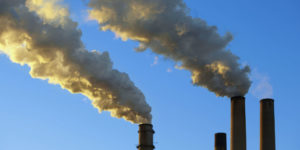
Producing fuel from CO2 is huge because it lets us take a nuisance compound, and converts it into a productive one. This was accomplished by scientists at Oak Ridge National Laboratory in Tennessee by using common materials (copper and carbon), but arranging them with nanotechnology. The researchers were attempting to find a series of chemical reactions that could turn CO2 into a useful fuel, such as ethanol. They figured they would go from CO2 to methanol, and then work out the logistics of going from methanol to ethanol, when they realized the first step in their process managed to do it all by itself. Science for the win!
Read More “Fun Science FRIEDay – Water to Wine? Close, CO2 to Alcohol (ethanol)” »
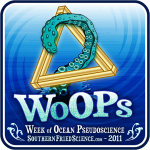 Why is it that every time someone proposes a wind turbine there is immediate opposition because of consequent bird mortality? And at the same time, when we build or expand a coal operation, the reaction isn’t to remember all the miners that have sacrificed their lives so that you and I can turn on the lights? Why is the reaction to dirty coal to promote clean coal? It might help keep the carbon emissions down, but it doesn’t cut down on the human toll of coal.
Why is it that every time someone proposes a wind turbine there is immediate opposition because of consequent bird mortality? And at the same time, when we build or expand a coal operation, the reaction isn’t to remember all the miners that have sacrificed their lives so that you and I can turn on the lights? Why is the reaction to dirty coal to promote clean coal? It might help keep the carbon emissions down, but it doesn’t cut down on the human toll of coal.
Recently there have been highly publicized stories of miners trapped in deep mines in Chile, West Virginia, Kentucky, New Zealand, and China – and those are just the ones I heard about through traditional news outlets. However, the hype over such accidents quickly fades and the families and communities touched by the tragedy are left with the cleanup. These miners represent the human face and sacrifice of coal-fired electricity. They should join the ranks of the polar bear in symbolizing the need for better energy choices.

 A small news article from Science has been taped above my desk for the last few years. I don’t remember who originally gave it to me, or why I even hung it up, but there it is, nestled between a couple XKCD cartoons. The article is titled “The Wine Divide” and it raises many questions about sustainability, inherent biases in conventional wisdom, and what the term “local” means in a global economy. And it’s about wine.
A small news article from Science has been taped above my desk for the last few years. I don’t remember who originally gave it to me, or why I even hung it up, but there it is, nestled between a couple XKCD cartoons. The article is titled “The Wine Divide” and it raises many questions about sustainability, inherent biases in conventional wisdom, and what the term “local” means in a global economy. And it’s about wine.
Read More “Spanning the Bordeaux Belt – what does local mean in a global economy” »
